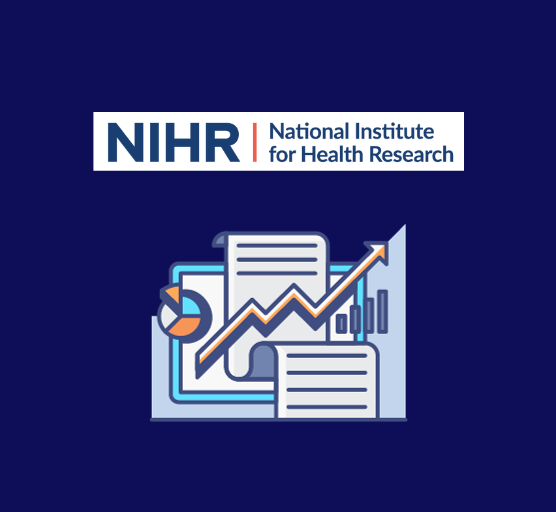HOPE is a research project funded by the National Institute for Health and Care Research (NIHR). The project “Improving outcomes for people who are homeless and have severe mental illness in Africa” will be implemented over a period of forty-eight months in the capital city of Ethiopia (Addis Ababa), a regional city in Ghana (Tamale), and a rural county in Kenya (Makueni) to comprehensively understand the various approaches necessary in addressing homelessness in different settings and contexts.
The project will investigate homeless persons with Severe Mental Illness (SMI) through international collaboration to develop effective, rights-based interventions for people who are homeless and have severe mental and seeks to:
- Establish a new partnership of researchers, policymakers, implementors, and persons with lived experience, working collectively to improve the lives of people who are Homeless with Severe Mental Illness,
- Synthesize global evidence on existing initiatives and obtain global experts, consensus and priority actions and approaches,
- Gain comprehensive understanding of the various approaches required in different settings and contexts,
- Identify priority needs and value outcomes for homeless persons with severe mental illness and opportunities and challenges and
- Evaluate the impact and costs of co-produced interventions.
- The key collaborators of this project include UK, King’s College London, University of Nottingham and University of Warwick; Ethiopia, Addis Ababa University; Ghana, BasicNeeds-Ghana, School of Public Health, University of Ghana; Kenya, African Mental Health Research Foundation; USA, George Washington University, CBM-Global.


